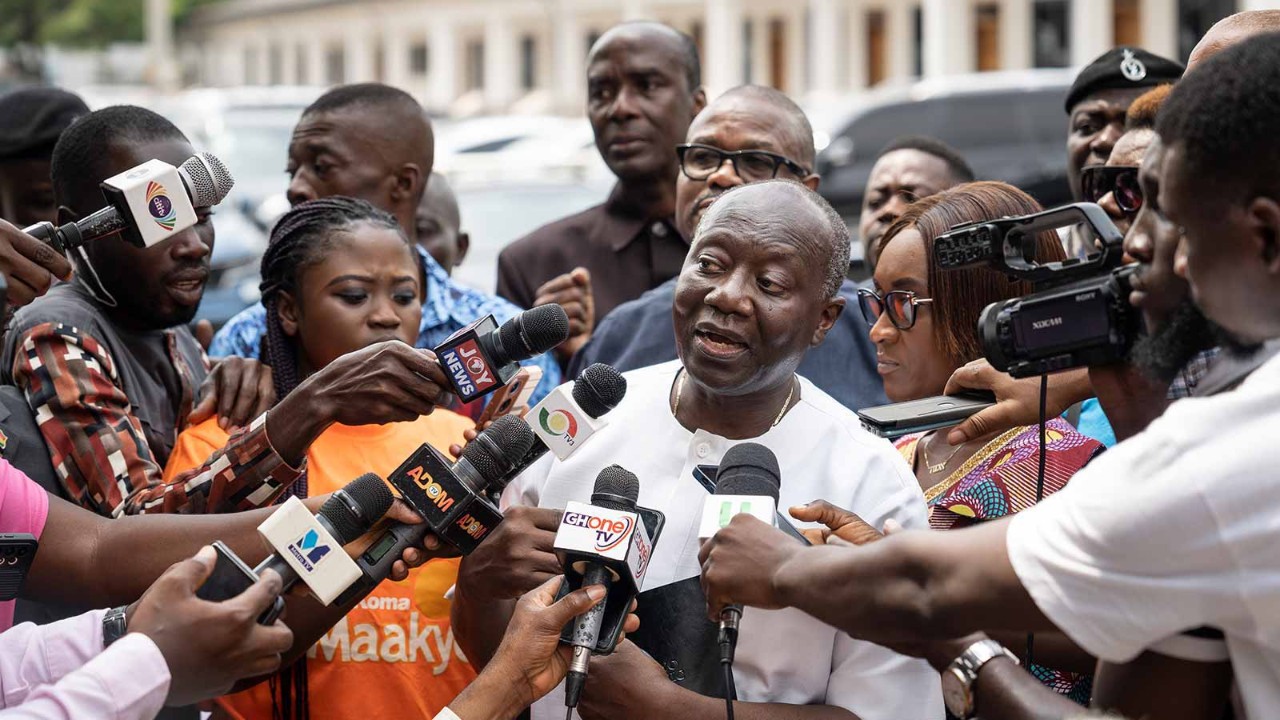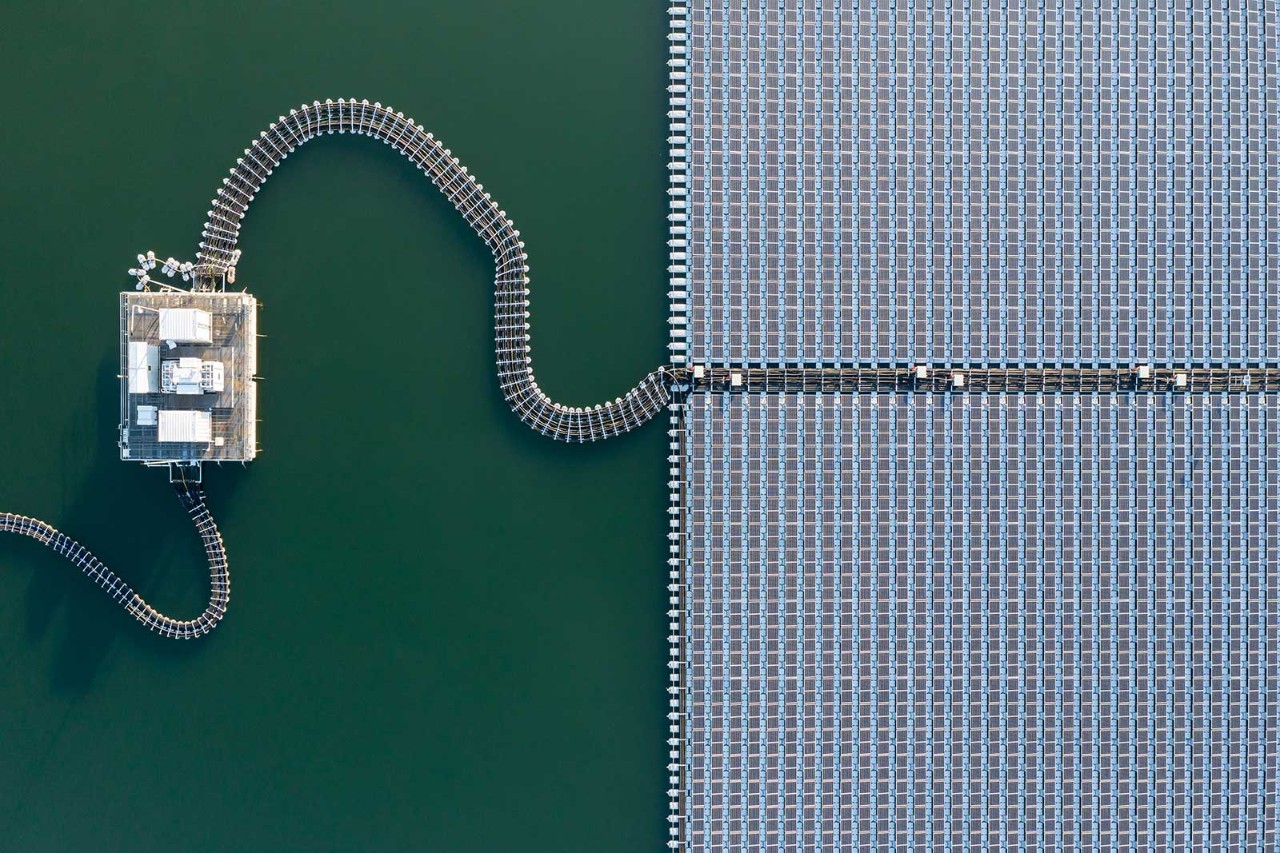
These are tough economic times for Ghana. The West African nation of 33 million people is mired in what may be its toughest debt debacle ever. Its debt-to-GDP ratio stands at about 89% and the International Monetary Fund (IMF) forecasts it will reach 98.7% by the end of 2023. External debt presently stands at US$30bn and finance minister Ken Ofori-Attah says the country may be unable to service soon-maturing obligations.
Of course, Ghana is far from alone in this position, with as many as 34 African countries on the World Bank’s heavily indebted poor countries list, affecting a combined population of about 760 million people. Zambia has already defaulted and there are growing fears that Kenya could be next.

The effects of Ghana’s economic woes had been evident for a few years
The effects of Ghana’s economic woes had been evident for a few years, given rising inflation and sustained depreciation of the Ghana cedi. However, its slide down the slope has been quickened in the last few quarters by the combined shocks of the Covid-19 pandemic, the Russia-Ukraine war, and the rapid tightening of global financial conditions last year.
The result of these shocks has been that Ghana’s debt has become unsustainable. Therefore, on 19 December 2022, the country suspended payments on external public debt. According to Ofori-Attah, this was a proactive move to restore economic and fiscal sustainability. In layman’s terms, it was an effort to ensure the government did not go bankrupt.
Six months before suspension of debt service, the country approached the IMF and began a process to get a US$3bn extended credit facility, reaching a staff-level agreement last December for a programme that would span 2023 to 2026. As is customary in these situations, the IMF set a number of conditions that Ghana must meet in return for the loan, including bringing its debt-to-GDP ratio down to 55% by 2028 and its external debt service-to-revenue ratio below 18% by 2028, from the present level of 28%.
For the loan to go through, the country must also get buy-in from certain stakeholders, such as the Paris Club and China. These conditions are a pretty tall order but, by taking certain actions, the country has signalled its commitment to meet them.
The Bank of Ghana did some aggressive monetary policy tightening to tame inflation
Among these actions are structural reforms, which include a 2023 budget that contains a fiscal consolidation programme; revenue enhancing measures such as an increase in VAT of 2.5%; an upward review of a levy on financial transactions made on electronic and digital platforms; and an electricity tariff hike of about 60% since August 2022.
The Bank of Ghana also did some pretty aggressive monetary policy tightening to tame inflation, which peaked at a more than two-decade high of 54.1% in December 2022. In the first three months of this year at least, it was on a downward trajectory coming in at 45% in March 2023.
Of course, all these measures are felt in Ghanaian households, with many no longer able to afford goods and services that were taken for granted in the past. There is a general feeling of despair and anger at the perceived mismanagement of the economy – Accra taxi drivers have choice words to describe the fiscal and monetary authorities.
With these reforms in place, the country has begun a debt restructuring that is intended to help it meet the IMF’s conditions and see it get away from its debt woes. It started by launching a voluntary Domestic Debt Exchange Programme (DDEP), which is intended to increase average debt maturity from 3.8 years to 8.3 years and reduce average coupon payments from 19.1% to 9.1%, with only 5% paid in cash in 2023 and 2024.
According to the Finance Ministry, participation in the programme is presently at about 85%, with Ghs98bn (US$8.31bn) having been exchanged as of February. Discussions have also commenced with external debt holders on a similar programme, as the country may not be able to honour soon-maturing eurobonds.
There will, of course, be reduced trust in Ghana debt in future
To keep the economy going during this fight for its economic life, Ghana has instituted a US$1.5bn Ghana Financial Stability Fund. It says it will source US$500m of this internally, with the World Bank putting in US$250m, and it is looking for development partners to bring in the rest.
Of course, no one is happy with this turn of events, least of all investors who trusted the sovereign with their investments and are now having to take haircuts. Many have had to make deep write-downs in their books as a result. The consequence will, of course, be reduced trust in Ghana debt in the future.
As Ghana struggles to haul itself back to fiscal health, other highly indebted African nations would do well to take note how difficult and painful this process is. If they take action now, they might just avoid Ghana’s fate.





